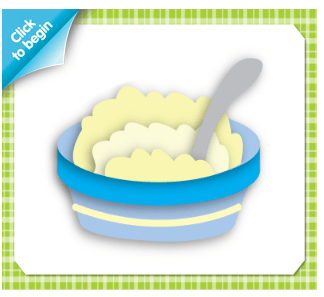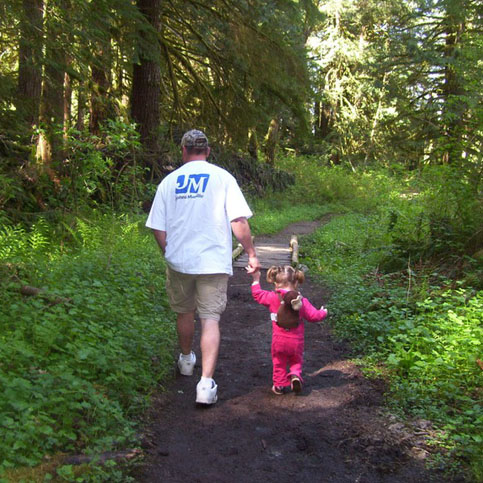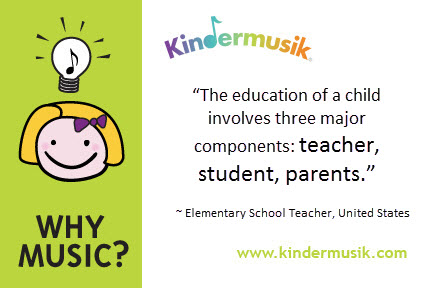Looking for an easy and fun way to increase parent involvement in early childhood education? Start a Breakfast Club. In a recent issue of the NAEYC publication, Teaching Young Children, Lynn A. Manfredi shares her success at inviting parents to join the class during breakfast time. In the morning, parents eat with their children, connect with other parents and the teachers, and children start the day surrounded by people who love and care for them.
“In my family child care program, we start the day with a healthy breakfast. When I asked parents if they would like to join us while we eat, Breakfast Club was born,” Manfredi explains in the article, Building a Community through Breakfast. “My relationships with families and their relationships with each other have blossomed. It is family engagement at its best!”
Breakfast Club ideas to use as part of an early childhood program
In our early childhood curriculum, we include materials for families to use together at home that connect the classroom learning with the home environment. Here are a few Kindermusik@Home ideas to try at your Breakfast Club and share with parents!
For Newborn to 1 year
 Cuddle & Bounce: First Foods from Around the World
Cuddle & Bounce: First Foods from Around the World
Opinions about what solids babies should eat, in what order, and at what intervals…well, they’re endless and ongoing!
Check out some recipes for “baby’s first foods” from around the world!
Tip for Parent Involvement in early childhood education: Share this activity with parents as they eat breakfast or use the link in an email to invite parents to attend.
For 1 to 2 years
Sing & Play: Let’s Make Toast
As simple as it seems, a piece of toast offers all kinds of opportunities to help young children develop fine-motor skills. Provide toast for families to eat during Breakfast Club as well as child-safe plastic knives.
 Tip for Parent Involvement in early childhood education: With the help of a parent, let children use a plastic knife to spread some butter, margarine, or cream cheese on a piece of toast. Use a spoon to scoop some jelly! Child will develop his or her grasp and practice wrist rotation. If children are not quite ready for the spreading action, line up a row of raisins or pieces of cereal and lead children to place them on the toast, one at a time. This gets the thumb and forefinger working together (a.k.a., pincer grasp) and develops hand-eye coordination (a.k.a., visual-motor integration).
Tip for Parent Involvement in early childhood education: With the help of a parent, let children use a plastic knife to spread some butter, margarine, or cream cheese on a piece of toast. Use a spoon to scoop some jelly! Child will develop his or her grasp and practice wrist rotation. If children are not quite ready for the spreading action, line up a row of raisins or pieces of cereal and lead children to place them on the toast, one at a time. This gets the thumb and forefinger working together (a.k.a., pincer grasp) and develops hand-eye coordination (a.k.a., visual-motor integration).
For 2 to 3 years
 Wiggle & Grow: Fruit, Fruit Where Are You?
Wiggle & Grow: Fruit, Fruit Where Are You?
Memory is an excellent game that can encourage the development of numerous early childhood skills that go beyond simple visual processing.
Tip for Parent Involvement in early childhood education: At breakfast, extend the benefits of this game by using the images on the cards as oral language enhancers and fun conversation starters about color and preferences (e.g., “Which is your favorite food to eat?”, “What food did we see that was red?”).
For 4 to 5 years
Move & Groove: Let’s Make Fruit Rainbows
 Healthy fruits come in a variety of shapes and colors, which makes them perfect (and fun!) for practicing patterns. Identifying, creating, and extending patterns is a critical early math skill that is also a prerequisite to more advanced math.
Healthy fruits come in a variety of shapes and colors, which makes them perfect (and fun!) for practicing patterns. Identifying, creating, and extending patterns is a critical early math skill that is also a prerequisite to more advanced math.
Tip for Parent Involvement in early childhood education: Provide fruit for parents and children to make patterns. Parents can start a pattern and encourage children to finish it and vice versa.






